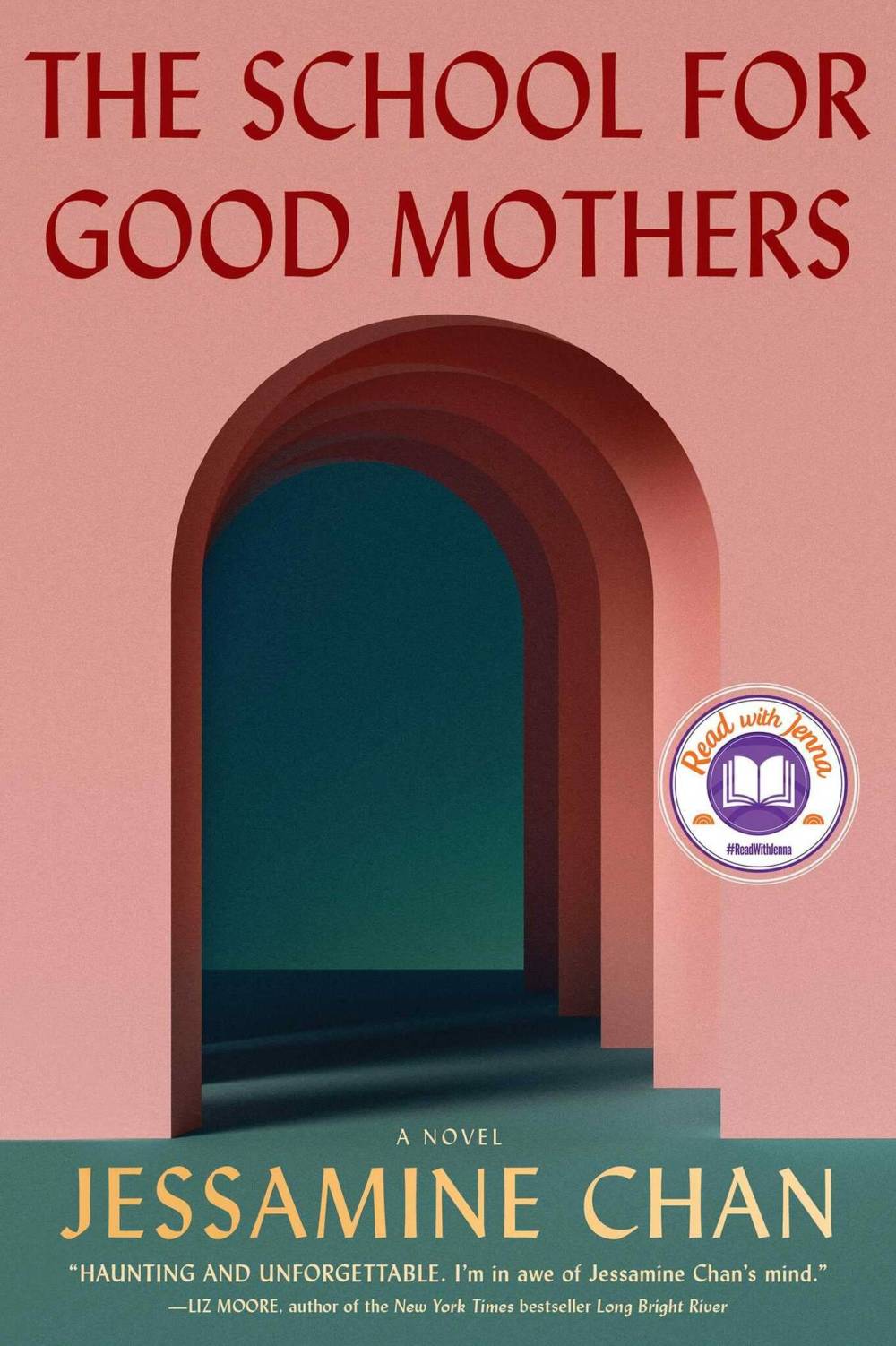Debut a chilling takedown of modern motherhood
Advertisement
Read this article for free:
or
Already have an account? Log in here »
To continue reading, please subscribe:
Monthly Digital Subscription
$1 per week for 24 weeks*
- Enjoy unlimited reading on winnipegfreepress.com
- Read the E-Edition, our digital replica newspaper
- Access News Break, our award-winning app
- Play interactive puzzles
*Billed as $4.00 plus GST every four weeks. After 24 weeks, price increases to the regular rate of $19.00 plus GST every four weeks. Offer available to new and qualified returning subscribers only. Cancel any time.
Monthly Digital Subscription
$4.75/week*
- Enjoy unlimited reading on winnipegfreepress.com
- Read the E-Edition, our digital replica newspaper
- Access News Break, our award-winning app
- Play interactive puzzles
*Billed as $19 plus GST every four weeks. Cancel any time.
To continue reading, please subscribe:
Add Free Press access to your Brandon Sun subscription for only an additional
$1 for the first 4 weeks*
*Your next subscription payment will increase by $1.00 and you will be charged $16.99 plus GST for four weeks. After four weeks, your payment will increase to $23.99 plus GST every four weeks.
Read unlimited articles for free today:
or
Already have an account? Log in here »
Hey there, time traveller!
This article was published 15/01/2022 (1380 days ago), so information in it may no longer be current.
Moms, be careful. This dystopian tale actually schools you on mom guilt.
Author Jessamine Chan’s debut novel explores the impossible standards set on mothers, the dangerous role of technology in society and systemic racism through the story of a mom punished for a single lapse in judgement.
The story opens with 39-year-old Frida Liu, daughter of Chinese-immigrant parents and divorced mother to toddler Harriet, on what Frida calls her “very bad day.”

Overwhelmed from lack of sleep and missed business deadlines, Frida leaves Harriet home alone to retrieve a missing file from her office.
The neighbours are already suspicious of Frida, the only non-white person on their block. They call the authorities, who apprehend Harriet and subject Frida to a series of Big Brother-like monitoring to assess her motherhood potential.
As a result, Frida is sentenced to attend a new rehabilitation program for bad mothers.
“You’ll undergo a year of instruction and training. At a live-in facility. With women like yourself,” the family court judge tells Frida.
At the school, Frida must meet the impossible standards of the instructors, submit to regular brain scans and practise mothering on an artificially intelligent humanoid doll that will analyze Frida’s mothering.
“The mothers’ heart rates will be monitored to judge anger. Their blinking patterns and expressions will be monitored to detect stress, fear, ingratitude, deception, boredom, ambivalence, and a host of other feelings, including whether her happiness mirrors her doll’s,” Frida is told.
If Frida can graduate from the program, she has a chance at regaining custody of Harriet.
If she fails, her parental rights will be terminated.
Chan takes a page from Margaret Atwood’s The Handmaid’s Tale, by incorporating actual research and news into her stories.
While it’s clear that Frida’s lapse in judgement is wrong, many of the other mothers have been punished for almost laughable offences: letting a child play unsupervised in a backyard; hiring a 12-year-old to babysit; posting a child’s tantrum on social media.
This and other details make Chan’s story dark and eerily plausible.
However, she lightens it with moments of twisted humour.
For example, one of the holier-than-thou instructors informs her class that while she’s not a mother herself, she mothers her dogs at home.
Chan also shines a light on the experiences of non-white mothers living in North America.
Only a handful of white women are sent to the school, and the white women receive higher grades and occasional second chances.
Chan also points out the way modern motherhood pits women against each other.
Instructors encourage mothers to “think of the school as a sisterhood, get invested in each other.”
But classes are graded on a curve, forcing mothers to compete with each other.
The most disturbing part about Chan’s novel is its authenticity.
Mothers will relate every single “teaching” at the school: never take your eyes off your child. You can protect children from anything. It’s your fault if your child misbehaves. Speak to your child constantly to encourage language development. You must love every second of mothering.
For that reason alone, many people, especially mothers, may find the novel hard to read.
After all, mothers constantly hear those refrains already.
Kathryne Cardwell is a Winnipeg writer and mom of one who’s thankful she never has to attend a school for mothers.

